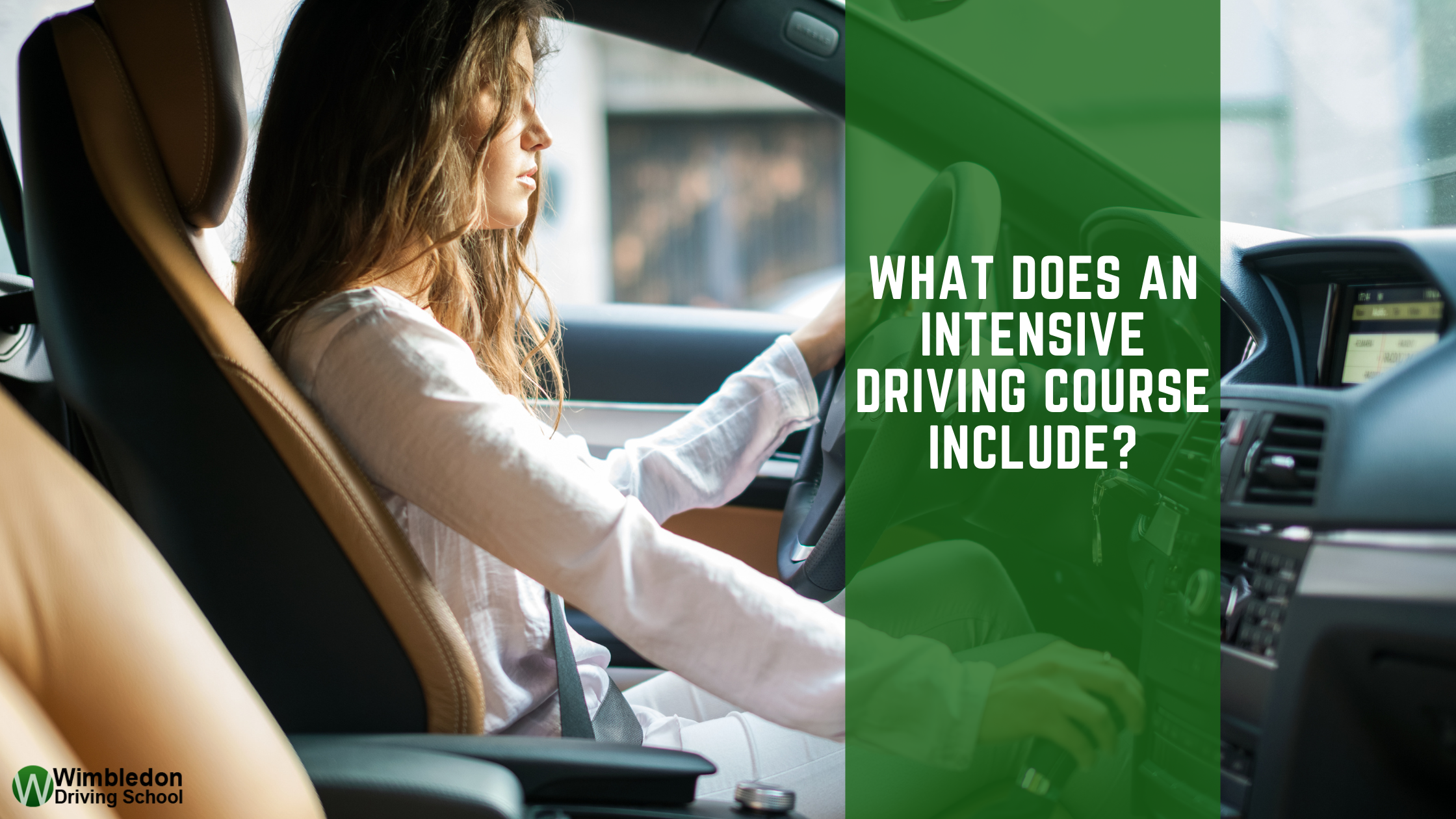Learning to drive is a significant milestone, and there are various options available to obtain your driver’s licence. One such option is an intensive driving course, which offers a condensed and focused approach to learning. In this article, we will explore what an intensive driving course includes, its structure, the benefits it offers, and the key differences between intensive courses and normal driving lessons.
Understanding Intensive Driving Courses
An intensive driving course, also known as a crash course or a fast-track driving course, is designed to provide comprehensive driving lessons in a shorter period compared to traditional driving lessons. These courses aim to immerse learners in an intensive learning environment, allowing them to build their driving skills and knowledge quickly.
Intensive Driving Course Structure
Intensive driving courses are structured to cover the same content as traditional driving lessons but within a condensed timeframe. The course duration can vary depending on the learner’s needs and the intensity level chosen. Intensive courses typically involve longer lesson durations and multiple lessons per day, which can range from a few days to several weeks.
The course usually starts with an assessment lesson to evaluate the learner’s existing skills and knowledge. Based on this assessment, the driving instructor tailors the course to address specific areas of improvement. The course includes both theoretical and practical lessons, covering topics such as traffic rules, road signs, hazard perception, manoeuvring skills, and test preparation.
Benefits of Intensive Driving Courses
Intensive driving courses offer several benefits for learners:
- Time Efficiency: Intensive courses are ideal for those who want to learn to drive quickly, such as individuals with limited availability or those who need a driver’s licence for employment purposes.
- Focused Learning: With concentrated lessons, learners can immerse themselves in the learning process without long gaps between lessons, leading to better retention of knowledge and skill development.
- Progress Monitoring: Regular and frequent lessons enable instructors to closely monitor the learner’s progress and make necessary adjustments to maximise learning outcomes.
- Test Readiness: Intensive courses often include specific test preparation, equipping learners with the knowledge and skills required to pass their driving test successfully.
Differences Between Intensive Courses and Normal Driving Lessons
While intensive driving courses share similarities with traditional driving lessons, there are notable differences:
- Timeframe: Intensive courses offer an accelerated learning experience, compressing the learning process into a shorter duration compared to traditional lessons, which are typically spread out over a longer period.
- Lesson Structure: Intensive courses often involve longer lesson durations and multiple lessons per day, whereas traditional lessons usually follow a standard hourly structure.
- Intensity Level: Intensive courses require learners to fully immerse themselves in the learning process, with a higher concentration and commitment compared to traditional lessons.
- Learning Curve: The accelerated nature of intensive courses means learners may experience a steeper learning curve and may need to adapt quickly to absorb the information and develop driving skills.
Factors to Consider Before Choosing an Intensive Course
Before enrolling in an intensive driving course, consider the following factors:
- Experience Level: Intensive courses may be more suitable for learners with some prior driving experience, as the condensed nature of the course can be challenging for complete beginners.
- Learning Style: Evaluate your learning style and preferences. Intensive courses require a high level of focus and dedication, so ensure that this intensive learning environment aligns with your learning preferences.
- Availability and Commitment: Intensive courses demand a significant time commitment, as they require multiple lessons per day or week. Consider your availability and ensure you can dedicate the necessary time and energy to the course.
- Driving Test Readiness: Assess your readiness for the driving test. Intensive courses often include test preparation, so if you feel confident in your driving skills and knowledge, an intensive course can help you prepare for the test efficiently.
- Instructor Expertise: Research and choose a reputable driving school that offers intensive courses. Ensure that the instructors are experienced, qualified, and have a track record of successful training.
Conclusion
Intensive driving courses provide an accelerated and focused approach to learning to drive. With condensed lessons, learners can immerse themselves in a concentrated learning environment and develop their driving skills and knowledge quickly. While intensive courses differ from normal driving lessons in terms of timeframe, lesson structure, and intensity level, they offer benefits such as time efficiency, focused learning, progress monitoring, and test readiness. Before choosing an intensive course, consider factors such as your experience level, learning style, availability, commitment, and driving test readiness. By making an informed decision, you can embark on an intensive driving course that suits your needs and helps you become a skilled and confident driver.
FAQs (Frequently Asked Questions
Q1. Can I take an intensive driving course as a complete beginner?
While it is possible to take an intensive driving course as a beginner, it can be more challenging due to the condensed nature of the course. It is recommended to have some prior driving experience before enrolling in an intensive course.
Q2. Are intensive driving courses more expensive than normal driving lessons?
Intensive driving courses may be priced differently compared to normal driving lessons. While the overall cost may be higher due to the concentrated nature of the course, it’s important to consider the number of lessons included and the value of the focused learning experience.
Q3. Are intensive driving courses suitable for nervous learners?
Intensive courses may not be ideal for extremely nervous learners, as the accelerated pace and high intensity can increase anxiety. However, for learners with mild nervousness, an intensive course with a supportive instructor can provide a focused learning environment that helps build confidence.
Q4. How do I choose the right intensive driving course?
To choose the right intensive driving course, consider factors such as your experience level, learning style, availability, commitment, and driving test readiness. Research reputable driving schools, read reviews, and enquire about the instructors’ expertise before making a decision.
Q5. Can I customise an intensive driving course based on my specific needs?
Many driving schools offer the flexibility to customise intensive driving courses to some extent. You can discuss your specific requirements and goals with the driving school and instructors to create a course that addresses your individual needs.






